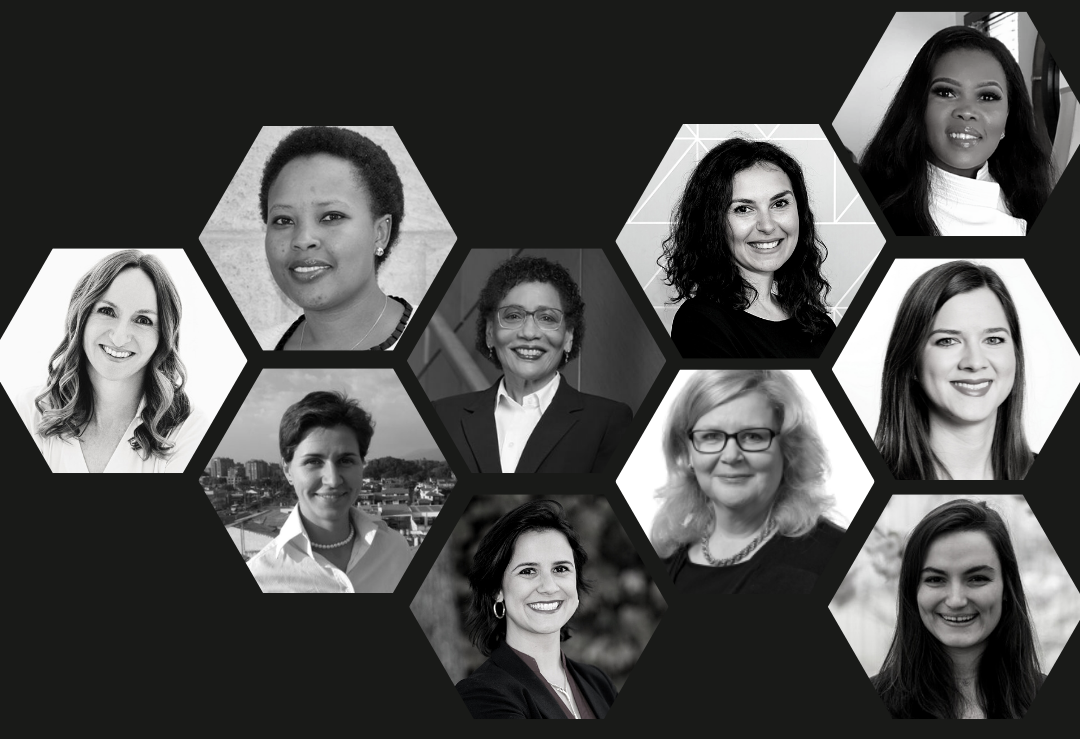Oprah Winfrey once said, “You get in life what you have the courage to ask for.” This speaks to the spirit needed when aspiring to be a leader and rings especially true for women, a marginalised group in leadership roles.
The Women in BizEd (WiBE) International Women’s Day Symposium hosted virtually on 11th March 2022 held a powerful discussion between women Deans, tackling issues impeding the upward mobility of women leaders in B-School. The discussion sought to highlight the unconscious biases that create difficulties for women in work. In line with this year’s international women’s day theme: ‘Break the Bias’, the virtual panel discussion touched on each woman’s journey to leadership and the challenges they faced on their way to the top. In attendance was Ag. Executive Dean, Strathmore University Business School, Dr. Angela Ndunge, along with Deans from McGill University, BI Norwegian Business School and Universidad de Los Andes.
We often see leaders progress significantly in their careers but forget to keep in touch with trends and innovations in their industry and as a result, they stagnate – it goes without saying how this can affect organisational progress. We have all seen managers refusing to accept external input and how that affects overall morale and, in many cases, the company’s bottom-line. Karen Spens, Incoming President, BI Norwegian Business School (Norway), owes her success to remaining research active throughout her career. As we progress in our careers, many of us forget to remain curious and constantly seek self-improvement through research and education. Remaining informed prevents stagnation which in turn trickles down to your team allowing for innovation and creativity in the workplace.
Essentially, a leader should look for support wherever they can get it, whether it be through keeping abreast with the emerging trends within their industries or through the system and organisation one is attached to. Dr. Ndunge gives credit to the people and faculty at Strathmore for their support throughout her time in leadership. She admits to being thrust into a leadership position six months after joining the Business School – an opportunity to be the acting Vice Dean, Academics and Student Affairs presented itself and she accepted. Dr. Ndunge’s journey has been a whirlwind and unique in its trajectory – after acting as Vice Dean, Academics and Student Affairs, she acted again as Vice Dean, Executive Talent Development. Thereafter, she set up and ran the faculty office as the youngest faculty member – although sometimes unsure on how to effectively serve, she remained committed and passionate in her duties. It is the willingness to ask for help and support that have allowed her to be effective in her performance along with her ability to be a team player, understanding the needs and pace at which those around her work, and complementing their competencies with her expertise.
Women are natural nurturers and caregivers – as much as this is commendable, it can also be detrimental, especially at work where these characteristics put one in a position to be exploited. The panellists can all recall instances of this and give tips on how to avoid exploitation in the workplace. “Every yes is a no to many others, you cannot please everyone,” Yolande Chan, Dean and James McGill Professor, Desautels Faculty of Management at McGill University (Canada) learned to speak up and prioritise her work above others. Had she been unable to create those boundaries, she would not be able to perform her duties and achieve her goals. Dr. Ndunge believes that boundaries are the only way to avoid spreading yourself thin, “it’s important to be cautious of the ‘yeses’ and what you commit to,” she advised. She also urged women to hold those around them accountable to avoid burning out from juggling too many responsibilities at once.
It’s no surprise that only a fraction of women occupy leadership roles, this is common everywhere, but how can it be challenged? The panellists discussed their own individual efforts to ‘level the playing field’ and ensuring women get the exposure they need to flourish. The disparities in leadership are glaring; only 1 per cent of listed companies in Africa are female- led. Panellists shared the same sentiments on how to uplift women to leadership roles – represent yourself effectively; think and dream big; and do not be afraid to go after what you want. After all, the challenges that women leaders face are generally homogenous throughout the world, seeking mentorship and standing on the shoulders of those that have come before us will help challenge the status quo and see women in more leadership positions going forward.
Article by Katherine Keango
Would you like to share an article? Write to us at sbscommunication@strathmore.edu
Share This Story, Choose Your Platform!
Your journey to business excellence starts here. Subscribe today and be at the forefront of innovation and leadership.









